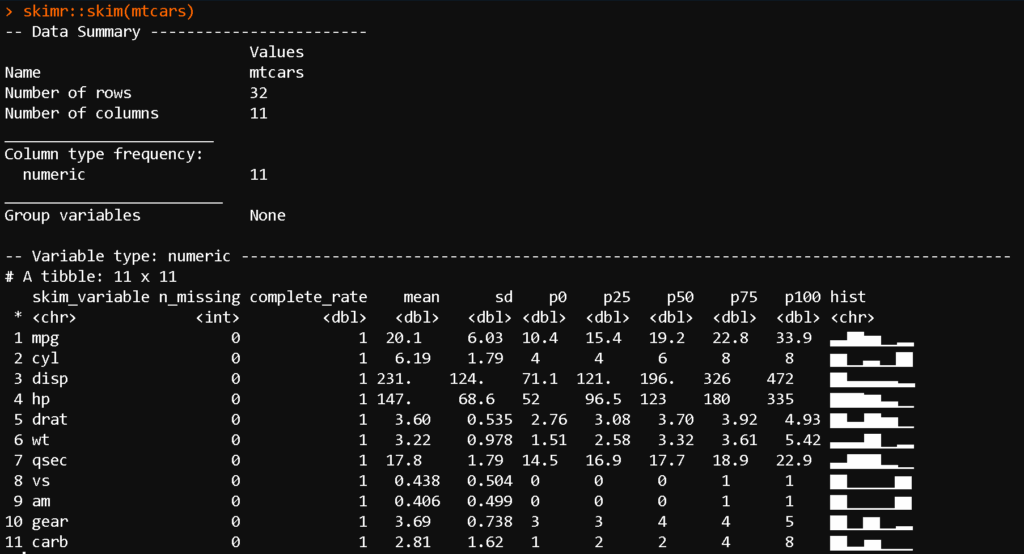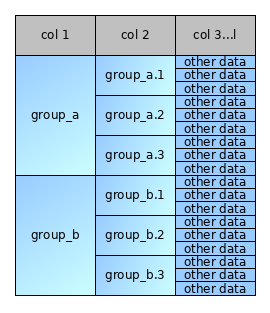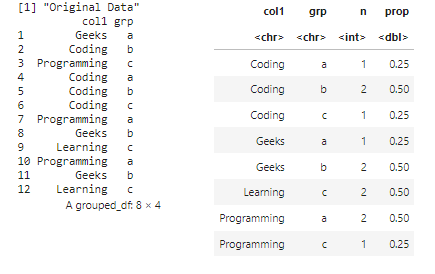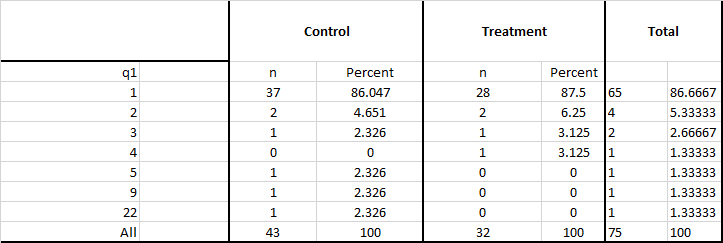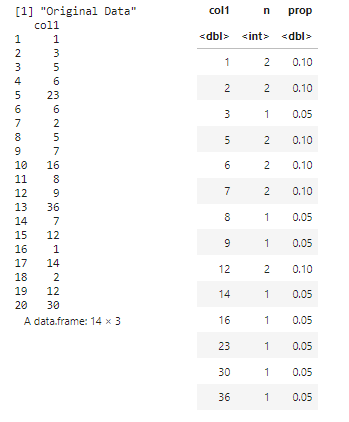If you are working with data in R, you may have come across the need to create frequency tables to analyze and summarize your data. The dplyr package in R is a powerful tool that can help you efficiently manipulate and summarize data. In this article, we will explore how to use dplyr to create frequency tables for multiple variables.
To create a frequency table with dplyr, you can use the count() function. This function will count the number of occurrences of each unique value in a variable. When working with multiple variables, you can use the group_by() function to group the data by one or more variables before creating the frequency table.
Dplyr Frequency Table Multiple Variables
Creating a Frequency Table for Multiple Variables
To create a frequency table for multiple variables using dplyr, you can follow these steps:
- Load the dplyr package by running
library(dplyr). - Use the
group_by()function to group the data by the variables you want to analyze. - Use the
count()function to create the frequency table.
For example, if you have a data frame called df with variables gender and age, you can create a frequency table for both variables by running the following code:
“`R
library(dplyr)
df %>%
group_by(gender, age) %>%
count()
“`
This will create a frequency table that shows the number of occurrences of each unique combination of gender and age in your data frame.
Conclusion
Creating frequency tables for multiple variables is a common task in data analysis, and dplyr provides a convenient and efficient way to accomplish this. By using the group_by() and count() functions in dplyr, you can easily create frequency tables for multiple variables to gain insights into your data.
Next time you need to analyze your data and create frequency tables, consider using dplyr to streamline your workflow and make your analysis more efficient.
Download Dplyr Frequency Table Multiple Variables
Group Data Hierarchically On Two Levels Then Compute Relative
How To Use Dplyr To Generate A Frequency Table In R GeeksforGeeks
Dplyr Frequency Table Of Categorical Variables As A Data Frame In R
How To Use Dplyr To Generate A Frequency Table In R GeeksforGeeks
